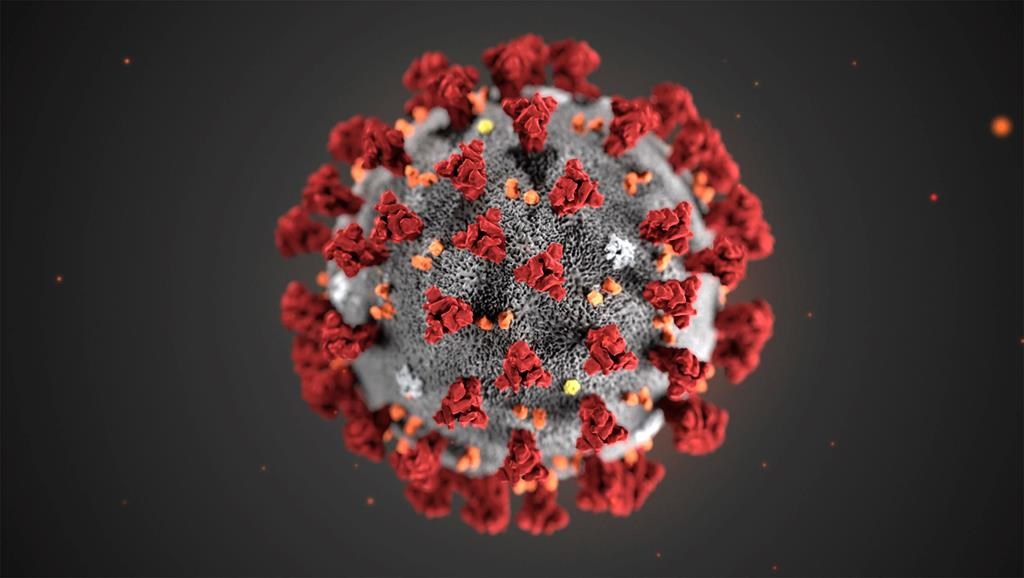As of Saturday, Nova Scotia has 29 new confirmed cases of COVID-19, bringing the total of cases to 236.

According to the province, those cases range in age from under 10 to over 80.
Four individuals are currently in hospital and 50 individuals have now recovered, and their cases of COVID-19 are considered resolved.
“Public health is working to identify and test people who may have come in close contact with the confirmed cases. Those individuals who have been confirmed are being directed to self-isolate at home, away from the public, for 14 days,” the province said in a statement released on Saturday.
READ MORE: COVID-19 pandemic taking toll on Canadians’ mental health: survey
The province also noted that most of the confirmed cases have been connected to travel or a known case, but some are connected to community spread.
“This is expected and why the testing strategy continues to be adjusted,” said the province.

Get weekly health news
Part of that adjustment is increasing lab capacity, which according to the government, will have processing at the lab move to 24/7 operations as of Monday.
READ MORE: ‘Stay the blazes home,’ McNeil warns as Nova Scotia COVID-19 cases surpass 200
The 29 new cases were identified on Friday after the QEII Health Sciences Centre’s microbiology lab completed 800 Nova Scotia tests in one day.
“It is now more important than ever for Nova Scotians to strictly adhere to the public health orders and directives – practise good hygiene, maintain a physical distance of two metres or six feet from others, limit essential gatherings to no more than five people and stay at home as much as possible,” the province said.
Questions about COVID-19? Here are some things you need to know:
Health officials caution against all international travel. Returning travellers are legally obligated to self-isolate for 14 days, beginning March 26, in case they develop symptoms and to prevent
spreading the virus to others. Some provinces and territories have also implemented additional recommendations or enforcement measures to ensure those returning to the area self-isolate.
Symptoms can include fever, cough and difficulty breathing — very similar to a cold or flu. Some people can develop a more severe illness. People most at risk of this include older adults and people with severe chronic medical conditions like heart, lung or kidney disease. If you develop symptoms, contact public health authorities.
To prevent the virus from spreading, experts recommend frequent handwashing and coughing into your sleeve. They also recommend minimizing contact with others, staying home as much as possible and maintaining a distance of two metres from other people if you go out.
For full COVID-19 coverage from Global News, click here.
- ‘Patients get relief’: Researchers recommending nerve blockers to treat migraines
- Health Canada recalls glucose monitors that may give ‘incorrect’ readings
- U.S. advisory panel rolls back universal hepatitis B vaccine recommendation
- Canada puts new restrictions on pistachios from Iran amid salmonella outbreak









Comments